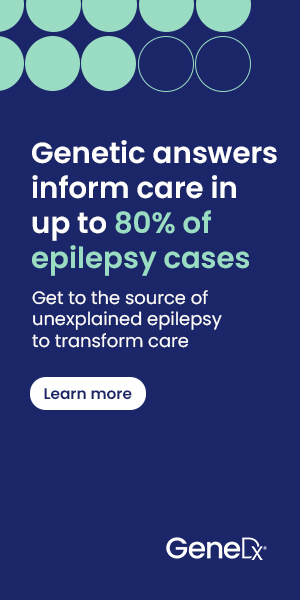The U.S. Food and Drug Administration (FDA) has approved Blenrep (belantamab mafodotin) in combination with bortezomib and dexamethasone (BVd) for the treatment of adult patients with relapsed/refractory multiple myeloma (MM). The indication is for those who have received at least two prior lines of therapy, including a proteasome inhibitor and an immunomodulatory agent.
MM is a form of cancer that occurs due to abnormal and uncontrolled growth of plasma cells in the bone marrow. The most common early symptom is anemia, which can be associated with fatigue and shortness of breath. Other features of the condition may include multiple infections, abnormal bleeding, bone pain, weak and/or easily broken bones, and numbness and/or weakness of the arms and legs. The exact underlying cause of MM is currently unknown.
Belantamab mafodotin is a monoclonal antibody-drug conjugate composed of a humanized B-cell maturation antigen conjugated to the cytotoxic agent auristatin F via a non-cleavable linker. The approval follows data from the pivotal phase 3 DREAMM-7 multicenter, open-label, randomized clinical trial evaluating the safety and efficacy of belantamab mafodotin combined with bortezomib plus BVd in patients with relapsed/refractory MM. This combination was compared to daratumumab combined with bortezomib plus dexamethasone. The trial enrolled a total of 494 patients.
In patients who had two or more prior lines of therapy, belantamab mafodotin in combination demonstrated a clinically meaningful reduction of 51% in risk of death and a median progression-free survival of 31.3 months versus 10.4 months for daratumumab-based patients. The safety and tolerability profiles of belantamab mafodotin combination were consistent with the known profiles of the individual therapies.
Data from the DREAMM clinical trial program will be submitted to the National Comprehensive Cancer Network guidelines this year. Follow-ups for overall survival continue in the DREAMM-7 and DREAMM-8 studies, with data expected in early 2028. DREAMM-10, a phase 3 trial in newly diagnosed transplant-ineligible patients with MM, began in late 2024 and interim safety and efficacy data are expected in early 2028.
For more information, click here.
To learn more about MM and other rare cancers, visit https://checkrare.com/diseases/cancers/

